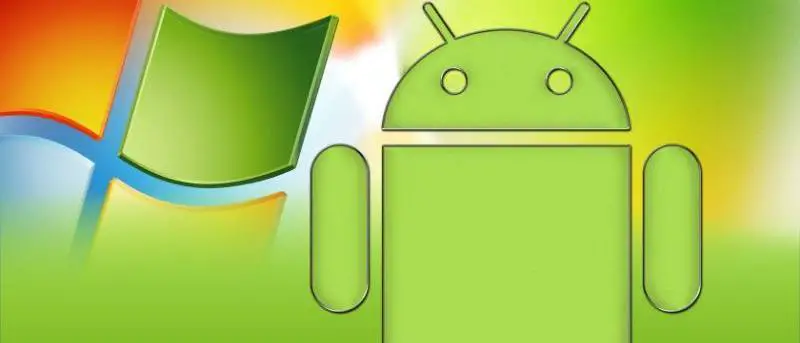In the Apple vs Android debate, at least in the smartphone market, there is a clear winner. The numbers demonstrate that Android is king. 87% of the world’s smartphones run on Android, leaving Apple very much a minority in the smartphone market.

With such dominance on the market, app developers need to make their apps Android-friendly. Without this, most of the market remains closed to them and their product. As a result, an app developer might use an online android emulator to easily test their app across a number of different Android smartphone brands, and find any bugs or fixes that may be necessary to improve the user experience on a specific smartphone brand.
Online android emulators have greatly helped app developers and software engineers. However, they come with their own bugs and issues that need fixing from time to time. Here are the three most common issues with Android emulators, as well as how to solve them.
Failed Start Up
Crashed involved with starting the app for the first time are common but an easy fix. If the app isn’t starting smoothly, it could be that you don’t have enough free disk space on your system.
Depending on the online android emulator you are using, you may need around 2 GB of available disk space. Without this, the emulator cannot start and will likely crash before it opens. To solve the problem, free up some extra disk space and then try opening the emulator.
Poor Performance Saving or Loading Snapshots
If you are having trouble saving or loading AVD snapshots, for example, the process is taking far longer than it should, it could be due to your antivirus software.
Your antivirus software monitors every move you make and attempts to verify the security of your actions online. This is great for browsing suspicious and potentially threatening websites, but not so useful if you are trying to get the most out of your online android emulator.
In monitoring everything you are doing your antivirus is slowing down the emulator. If your antivirus has a whitelist, where you can manually disable the software when using certain applications, add the online android emulator to it and you should notice a markedly faster application.
If it doesn’t have a whitelist, you may have to turn your antivirus off to get the most out of your online android emulator. Just remember to turn it back on when you close the emulator.
Your Antivirus is Off, You Have the Required Disk Space, but it Still Runs Slowly
If your emulator is still running slower than you would like, then it could be because it was recently updated. The application runs slower after an update for a number of reasons. However, there are steps you can take to speed up the application.
Firstly, check what updates are installed on your Windows operating system. Windows released two updates, KB4013429 and KB4015217 which actually hindered the performance of some online android emulators. If you uninstall these updates, you may find the application significantly improved.
Ensure you have the latest graphics driver installed and your router is not using an IPv6 address if the connection is not an IPv6 connection.
If the problem persists, it could be a bug in the application. Report the case to the online android emulator developers and they may be able to offer a solution.
[Image via: Google Images]
